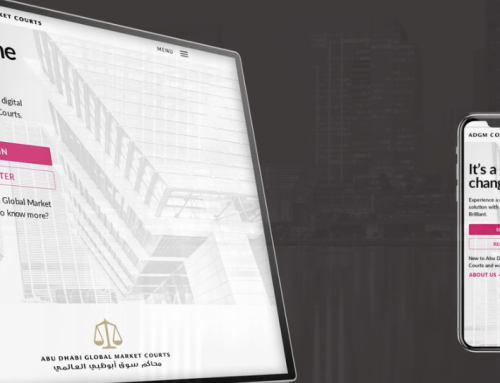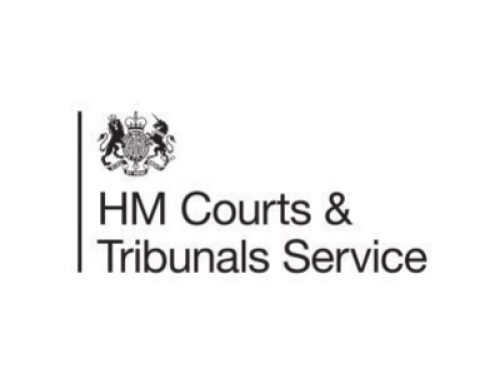For some, the warming embrace of the festivities is non-existent. The pressure on married couples (particularly those with children) to delay divorce proceedings until after the Christmas period is high and unfortunately law firms reportedly experience a surge in divorce cases being brought in January.
The first working day after the Christmas period has come to be known as “divorce day”.
If you find yourself in a similar position, it may be helpful to know what to expect of divorce proceedings, so as to be properly prepared.
Divorce petition
Contrary to popular belief, a couple cannot obtain a divorce for no good reason. The person requesting the divorce (known as “the petitioner”) must prove to the court that they meet the following conditions:
- The marriage must have irrevocably broken down (i.e. there is no chance that the parties will reconcile).
- The couple have been married for at least one year.
If these conditions cannot be met, the petitioner cannot obtain a divorce.
If these conditions are met, the divorce process itself (i.e. the dissolution of the marriage) can be fairly straightforward. It involves filing a form at court, explaining that the conditions have been met and detailing the parties of marriage.
The court will then issue what is called a “Decree Nisi”. This effectively confirms that the marriage qualifies for a divorce and sets a date by which the marriage can be dissolved.
Six weeks and 1 day following the Decree Nisi, the petitioner can apply for a “Decree Absolute”. This marks the end of the marriage.
It often advisable that the Decree Absolute is not applied for until after the financial issues between the parties are resolved.
Ancillary proceedings
Although the divorce is, on the face of it, rather clerical, the difficulty arises when the second part of the divorce proceedings commence. Ancillary proceedings, or the financial division of the party’s assets, can be expensive, stressful and emotional for some. Ancillary proceedings is the part of divorce often covered in the media, giving divorce its stressful and confrontational reputation.
This second part involves each party disclosing all of their financial assets and deciding between them how to best divide those assets in order to achieve fairness. If the parties are unable to decide this amongst themselves, the court will do it for them. It is court intervention that elevates legal costs above what parties expect. In some cases, the resultant cost of the proceedings can absorb the assets completely.
It is therefore imperative that couples keep as level-headed as they can to avoid this happening.
Tips to keep costs low
Divorce can be a stressful and emotional time for both the parties and their families. If you believe your marriage has irrevocably broken down and your next step is to consult a lawyer, the best way to save costs going forward is to:
- Make sure you meet the conditions to obtain a divorce;
- Start listing your assets and those of your partner;
- Start detailing your financial needs (and that of your children);
- Decide what you believe a fair outcome is for the division of assets; and
- Once ancillary proceedings have commenced, keep a level head and attempt mediation. Sometimes, it is much cheaper to compromise than it is to win.
If you would like to speak to a solicitor about anything mentioned above or if this resonates at all with a situation you might find yourself in, contact
Griffin Law today.
Griffin Law is a dispute resolution firm comprising innovative, proactive, tenacious and commercially-minded lawyers. We pride ourselves on our close client relationships, which are uniquely enhanced by our transparent fee guarantee and a commitment to share the risks of litigation. If you have any specific questions regarding a dispute, please email justice@griffin.law or call 01732 52 59 23.
GRIFFIN LAW – TRANSPARENT FEES. TENACIOUS LAWYERS. TRUSTED PARTNERS.





